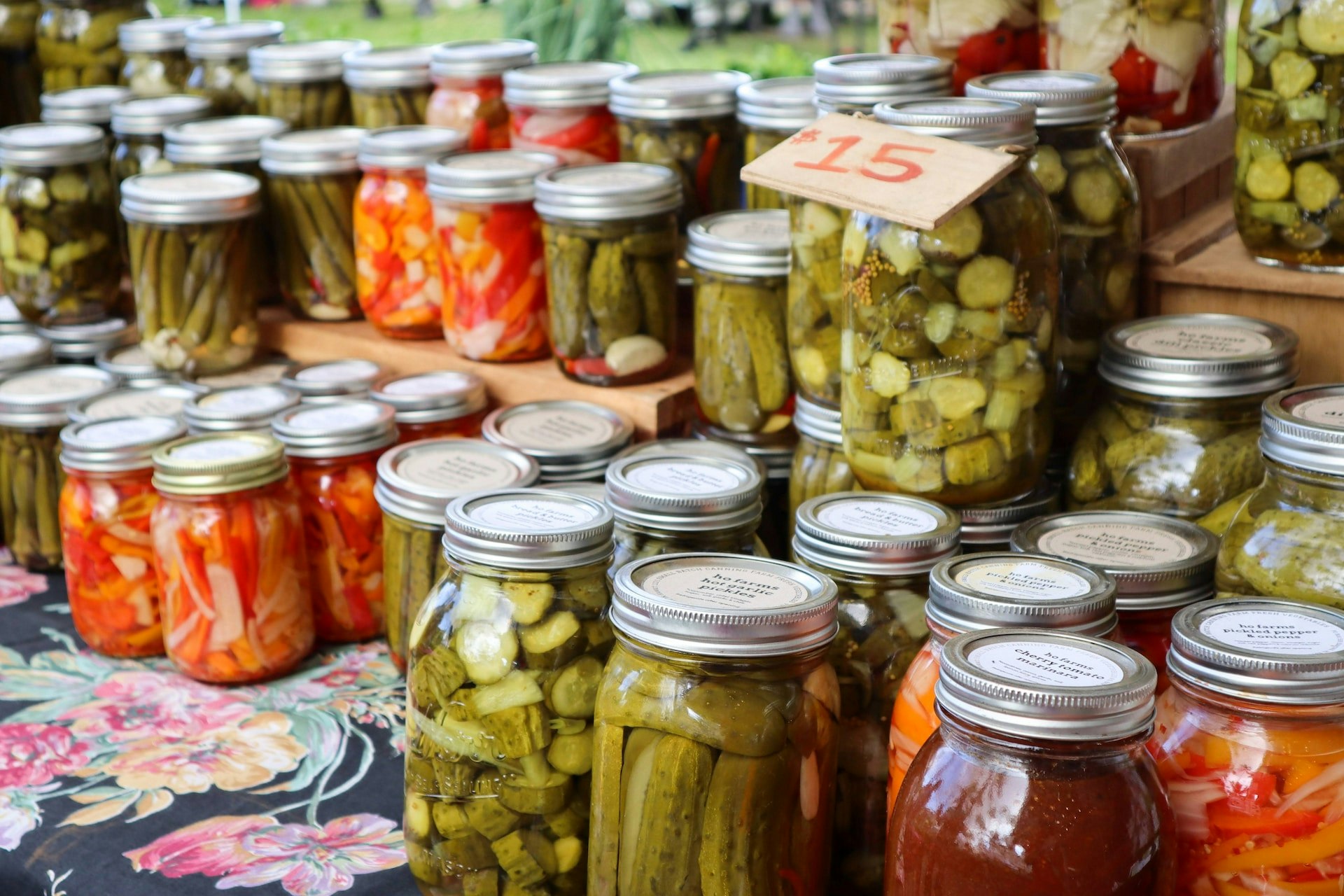Yes, pickle juice contains electrolytes, particularly sodium and potassium. Drinking pickle juice might sound awful, but there are many good reasons to drink it. As well as its ability to hydrate, it could help relieve muscle cramps, stabilize blood sugar levels, and promote gut health.
There's a history of pickles going back 4,000 years to Mesopotamia. During the Mesopotamian period, cucumbers were preserved in an acidic brine, and they must have thought they tasted pretty good as the practice continues today. Over the centuries, pickles have been credited with everything from preserving beauty to strengthening soldiers. Nowadays, pickle juice is even included in some savory cocktail recipes.
How Many Electrolytes are in Pickle Juice?
Sodium and potassium are the two main nutrients in pickle juice. There can be big difference between brands and recipes when it comes to vitamins and minerals in pickle juice. This makes it hard to break down the nutrients in pickle juice accurately. You can also find small amounts of calcium and magnesium in pickle juice.
Benefits of Drinking Pickle Juice
In recent decades, pickle juice has become popular for counteracting muscle cramps. Scientists think the juice triggers a mouth reflex that signals nerves to stop cramping.
The electrolytes in our bodies carry an electric charge and play a critical role in several bodily functions. Sodium and potassium are the most common electrolytes in pickle juice.
- Sodium: Fluid balance, nerve function, and muscle contractions are all regulated by sodium. Salt is one of the main sodium sources in pickle juice because it's made from pickled cucumbers. The sodium content depends on the brand or homemade pickle juice recipe.
- Potassium: Pickle juice also contains potassium. As well as aiding in fluid balance, it keeps the heart and muscles working well. Potassium levels in pickles can also vary, but cucumbers, which are the main ingredient, are generally high in potassium.
Pickle Juice vs. Water
After sweating from a workout, pickle juice helps restore the fluid balance in the body. Sipping plain water is great, but getting hydrated faster and staying hydrated is more effective with a drink containing sodium and potassium. You lose both of these electrolytes when you sweat, and pickle juice contains them both, typically in high quantities.
How Much Pickle Juice Should You Drink?
Don't overdo it with pickle juice. You should keep your sodium intake under 2,300 milligrams a day, and 3 ounces of pickle juice can give you as much as 900 mg of sodium, depending on the brand. Choose a vinegar-based pickle without preservatives, artificial additives, and yellow dye.
Conclusion
Pickle juice can serve as a natural electrolyte because it contains a lot of sodium and some potassium and magnesium. However, if you have high blood pressure or other conditions requiring sodium restriction, you should consider the sodium content of pickle juice before using it as an electrolyte source. Getting personalized advice on electrolyte intake and overall hydration is best done with a healthcare professional or registered dietitian.



Comment